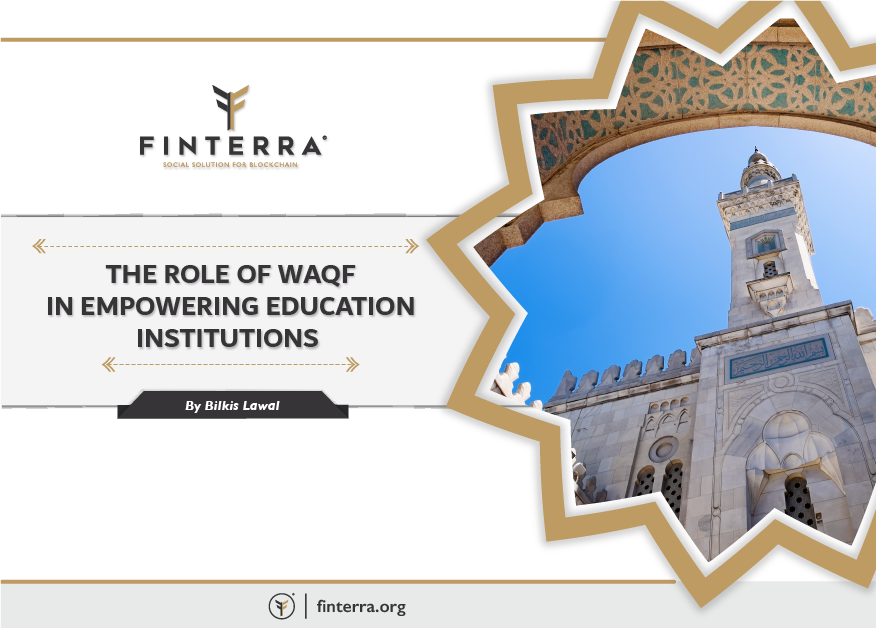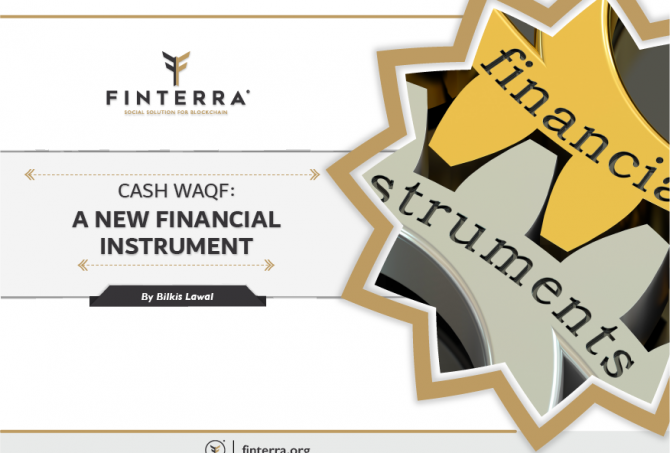The role of Waqf in empowering education institutions
Getting evidence of the use of Waqf which is a perpetual voluntary charity in the empowerment of educational institutions have been simplified in that one does not need to venture far to find them.
Well renowned universities and educational institutions of the world operate with the Waqf model or in the term most likely used ‘endowment’ model. Education institutions that span across continents of the world. In the United States, there is the example of Havard. In Europe is the established case of Oxford and Cambridge University. In Africa, there is Al- Azhar University and Al-Quarawiyyin. In the middle east, there is King Abdulazeez University. These are just to mention a few prominent ones.
Every government has amongst its top priority how to ensure its citizens have access to affordable quality education. Indisputable is the fact that government expenditure on education is recorded to be higher than ever in several countries of the world. This could be due to inflation and an increase in population.
Despite the increase in expenditure in education, many schools are still found lacking in various respects. Seeing this predicament and understanding the tremendous role education plays in increasing human and economical development. It is with good reason that the government should begin looking for alternative funding prospects for education.
One would be to raise awareness of waqf for the use of education. The adaptation of waqf into empowering higher education institutions have various benefits amongst them being;
Well renowned universities and educational institutions of the world operate with the Waqf model or in the term most likely used ‘endowment’ model. Education institutions that span across continents of the world. In the United States, there is the example of Havard. In Europe is the established case of Oxford and Cambridge University. In Africa, there is Al- Azhar University and Al-Quarawiyyin. In the middle east, there is King Abdulazeez University. These are just to mention a few prominent ones.
Every government has amongst its top priority how to ensure its citizens have access to affordable quality education. Indisputable is the fact that government expenditure on education is recorded to be higher than ever in several countries of the world. This could be due to inflation and an increase in population.
Despite the increase in expenditure in education, many schools are still found lacking in various respects. Seeing this predicament and understanding the tremendous role education plays in increasing human and economical development. It is with good reason that the government should begin looking for alternative funding prospects for education.
One would be to raise awareness of waqf for the use of education. The adaptation of waqf into empowering higher education institutions have various benefits amongst them being;
- The attainment of Allah’s blessings: spending in the cause of Allah is an attribute stated to bring an individual closer to his/her creator. By voluntarily spending ones’ wealth or asset by contribute to a waqf project one would be liable to receive the bounties of Allah. Evidence of this can be seen in Surah Al-Bakarah verses 2:261-26 where Allah (S.W.T) mentioned “The example of those who spend their wealth in the way of Allah is like a seed [of grain] which grows seven spikes; in each spike is a hundred grains. And Allah multiplies [His reward] for whom He wills. And Allah is all-Encompassing and Knowing. Those who spend their wealth in the way of Allah and then do not follow up what they have spent with reminders [of it] or [other] injury will have their reward with their Lord, and there will be no fear concerning them, nor will they grieve”
- A reduction in the government’s budget for education: If the majority of the schools are financed independently through their endowment, the strain on the government budget for education would be reduced. This would see to the government focusing on promoting different sectors of the economy.
- An increase in school enrolment: if schools are based on the Waqf model, a lot of poor and needy can enroll in schools. This is because the main purpose of a waqf school is to cater to the needy so the school would be free to them and affordable to the middle class who can pay a substantial amount to attend.
- A possibility of higher numbers of independent educational institutions: if educational institutions solely rely on their ability to manage funds gotten it would place them at a better advantage than when they are dependent on the government or state. This is because in times of a shortage in the budget the institution’s activities would be compromised. Their ability to depend on themselves would see to tighter operations as well as longer life span or existence of the institution.
In conclusion, various institutions as of recent are trying to promote the implementation of Waqf to enable the empowerment of educational institutions amongst them are government bodies, NGOs and even fintech companies such as Finterra Technologies and Ensany Global.




